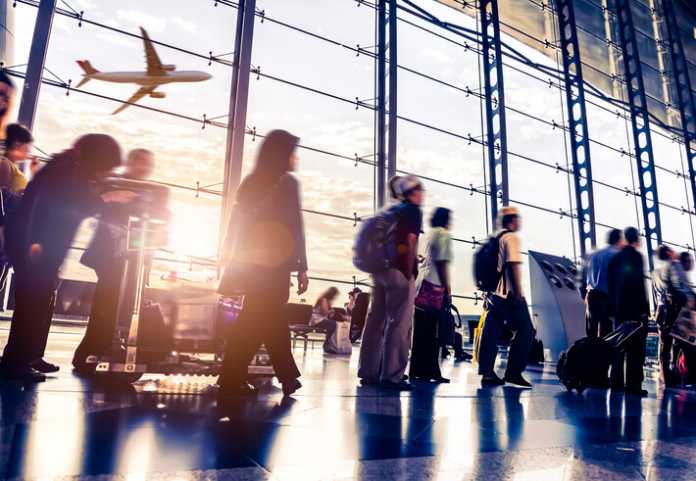Deciding to move overseas to a whole new country is a big one, not to be taken lightly, not least because there are many things to take care of before stepping on the plane and taking off. As with all moves, local or further afield, some things can be taken care of once you arrive if necessary. But some things absolutely need to be sorted out in the planning stage, or your big move may not happen.
Visas
In some parts of the world, picking up and going to a different country to live and work is almost as easy as moving to the next town due to free movement agreements (such as in the EU) or reciprocal visa agreements. However, for most parts of the world, to visit another country, you’re required to apply for the correct visa for your intended visiting purpose. And when you intend to settle in a country, the visa requirements can be hefty. So, make researching visas and their requirements the first thing you do after deciding to emigrate.
Beware that different visa types have different application processing times, so be sure to factor this into the planning stage. Agents will usually process a working holiday visa within a couple of weeks. Whereas a family settlement visa can take several months to go through and requires a lot of documentation at the application stage.
Insurance/Healthcare Provision
Some countries have reciprocal healthcare agreements, allowing you to receive the same primary healthcare level as citizens. For example, a UK citizen in New Zealand will receive free emergency treatment at a public hospital and vice versa. If you’re coming from a country that doesn’t have a reciprocal healthcare agreement (or you want more than basic cover), taking out appropriate insurance from Cigna UK is essential. Don’t let the cost of falling ill or being injured be why you must return to your home country after settling into your new life.
Taxes
Taxes can become a tricky subject once you’ve moved abroad, with different requirements for those still classed as residents in their home country and those who aren’t. Thoroughly investigating your tax obligations at home and abroad before leaving will save you a nasty headache come the end of the tax year. Be sure to notify the tax department that you intend to leave the country for a prolonged period as well.
Bank Accounts and Currency
Find out if you can open a bank account before you arrive, or if not, what are the requirements for getting one once you arrive. You’ll need to open a bank account shortly after arriving as it will allow you to be paid when working and pay for any bills. Short-term use of an existing bank account in your home country will allow you access to money, but international fees are costly. Also, have ready access to local currency when you arrive so that you’ll be able to pay for basics upon arrival.
Accommodation
Away
You may not have long-term housing sorted before you arrive, especially if you intend to purchase a house. However, it would be best to have short-term accommodation sorted before arrival. Research what the housing market is like, and if it seems likely to take a while to find somewhere suitable, have accommodation booked to cover this period. Housing markets vary in different countries and even areas of countries, so it could be easy to be caught without somewhere to live quickly.
If you’re emigrating due to a job offer, try to negotiate help with housing as part of your moving package. That way, you’ll have a local person with experience of the local housing market doing the initial leg work for you, and it’ll remove some of the stress of moving.
Home
If you’re a homeowner, also consider what you wish to do with the property you own in your home country. Will you rent it out for income and security? If so, who will manage it? An agent will cost money but take all the stress out of managing the property in your absence. It may be tempting to leave it in the hands of a family member but should relations sour for any reason, your home and income aren’t protected.
You’ll also need to include the income generated in your considerations of tax obligations. Keeping the property on generating income may be beneficial, but you may also find it’s better to sell.
You can take care of plenty of important things once you arrive at your destination; however, you must take care of certain things before leaving. If they aren’t, you may find yourself with problems that are difficult to deal with from abroad or that leave you in trouble upon arrival, ruining the beginning of your new adventure.



































































